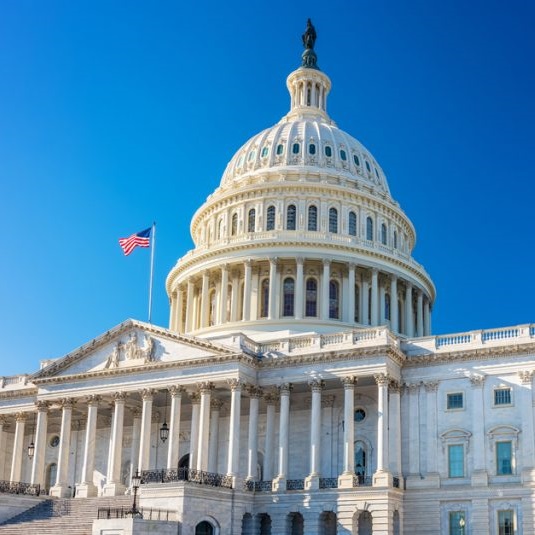At the FACT Coalition, we believe that any day is a good day to legislate toward open societies, financial transparency, and an end to tax evasion. So, it was encouraging to see the inclusion of tax return reporting requirements with respect to certain “brokers” regarding transfers of digital assets—including cryptocurrencies—as one means of funding necessary investments included in the bipartisan infrastructure bill moving through Congress. A handful of Senators have proposed to limit these reporting requirements by narrowing the definition of “broker.” However, creating broad exceptions to the actors that may be considered brokers may undermine the very purpose of the reporting requirements. Congress should more carefully consider whether any such potentially broad exceptions are warranted.
In connection with tremendous growth realized in the digital asset space in the last decade, it has come to light that these technologies can be abused to aid in illicit financial flows and corruption, and contribute to global tax evasion. This is an alarming trait given the need to responsibly and equitably raise government revenues to fund critical investments that can provide needed social services, fight inequality, and combat climate change. The proposed reporting requirements are expected to raise $28 billion to fund necessary infrastructure investments as part of the bipartisan infrastructure bill.
At a very high-level digital asset transactions may happen in one of three ways: (1) as a result of creating new digital assets via rewards given to miners; (2) between actors on formal centralized exchanges (think Coinbase); or (3) on decentralized exchanges (so-called “DeFi” exchanges). Additionally, digital assets may be held on a centralized exchange or in a “digital wallet,” which stores private keys a user needs to buy or sell digital assets. Transfers in and out of wallets or between wallets may occur with or without the use of centralized exchanges—and at times, entirely out of the reach of financial regulatory agencies. Reporting requirements in connection with the bipartisan infrastructure bill are meant to incorporate third party reporting—which lowers the incidence of tax evasion and illicit financial flows—in connection with brokered transactions.
Concerned about potentially burdensome reporting requirements, the proposed amendment seems intended to entirely exclude digital wallet providers and crypto miners from the definition of “brokers,” as well as any DeFi exchanges (although, the latter is a little ambiguous). The stated concern is that if the definition of broker is too broad, it may inadvertently require unknowing “software engineers” or individual miners to engage in tax reporting that would undermine a competitive environment in the U.S.
These concerns are likely over-stated, and the potential carve-outs included may encourage non-reporting for certain actors. It should be noted that the authors of the bipartisan infrastructure bill have stated that the original bill did not express any intent to regulate anyone who is not actually a broker (i.e., certain software engineers).
Further, if only formal exchanges are treated as brokers for purposes of the reporting requirements, this creates a two-tiered market. While the amendment is slightly ambiguous, it should be obvious that this would be a problematic result. Transfers that are most likely to contribute to illicit financial flows or to evade taxes may simply move exclusively within a DeFI market and outside of reporting requirements. For example, to the extent that a unit of cryptocurrency is held in a digital wallet and traded on a decentralized exchange, this transaction may not necessarily be subject to any third-party reporting under the proposed amendment. These are exactly the type of transactions that contributed to the Silk Road – the famed dark-web black market for drugs, guns and other illegal goods that dealt entirely in Bitcoin.
As a result of the proposed amendment, the Joint Committee on Taxation estimates that the reporting requirements will now result in over $5 billion less revenue. It is hard to see this number as representing anything other than $5 billion of additional tax evasion.
The Senators who have put forth this amendment out of concerns about the complicated nature of the digital asset market are correct to identify that this market is rapidly evolving. However, it is exactly the nature of the market that lends itself to narrowly tailored and well-considered exceptions to any reporting requirements. Fortunately, any regulations issued under the proposed reporting requirements (without the proposed amendment) would be subject to notice and comment rulemaking, allowing concerned parties to openly debate these issues. Congress should be cautious in broadly excluding certain actors or transactions from digital asset reporting requirements as this is a unique opportunity to craft comprehensive rules to avoid tax-evasion, increase financial transparency, and help deter illicit financial flows and corruption.

